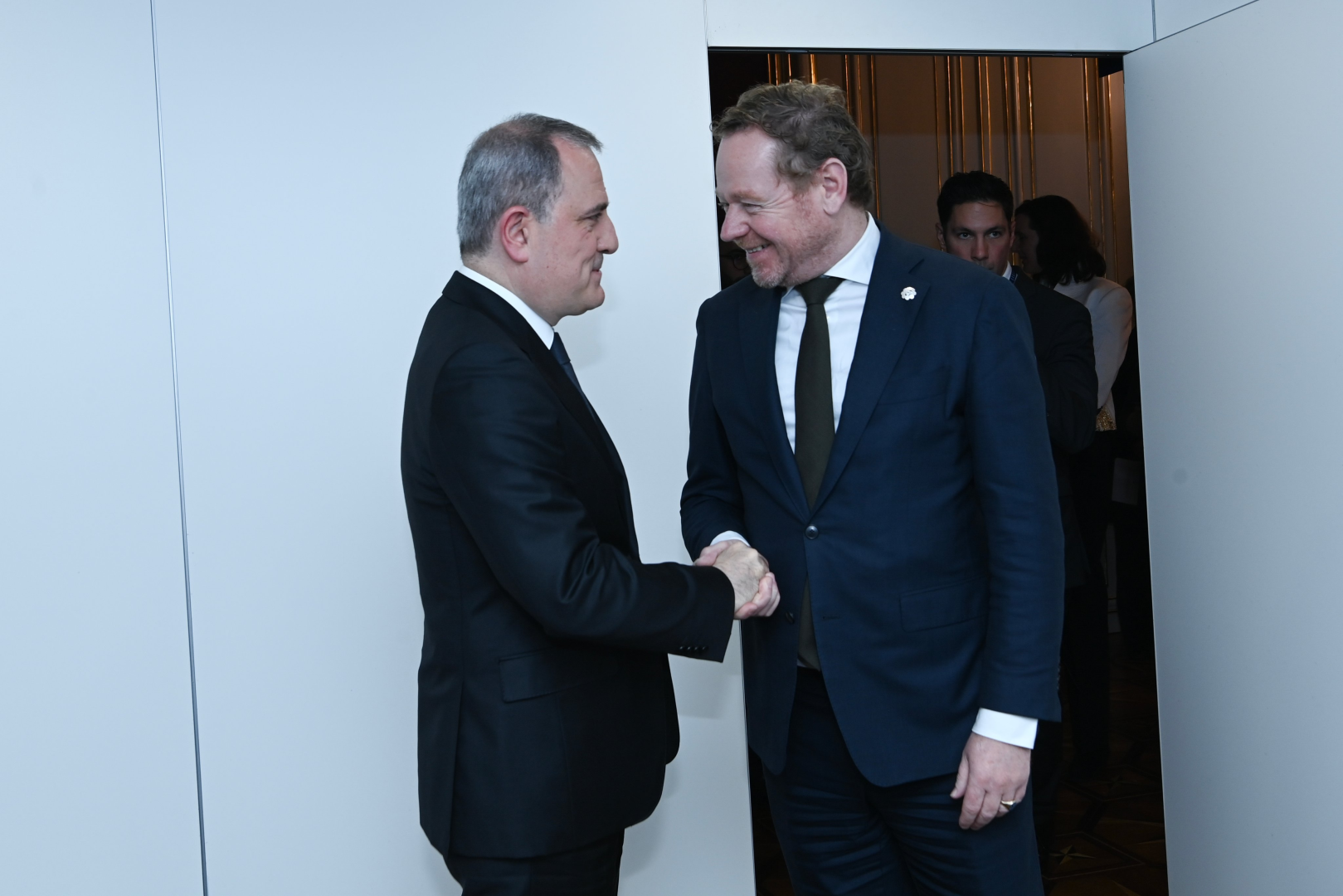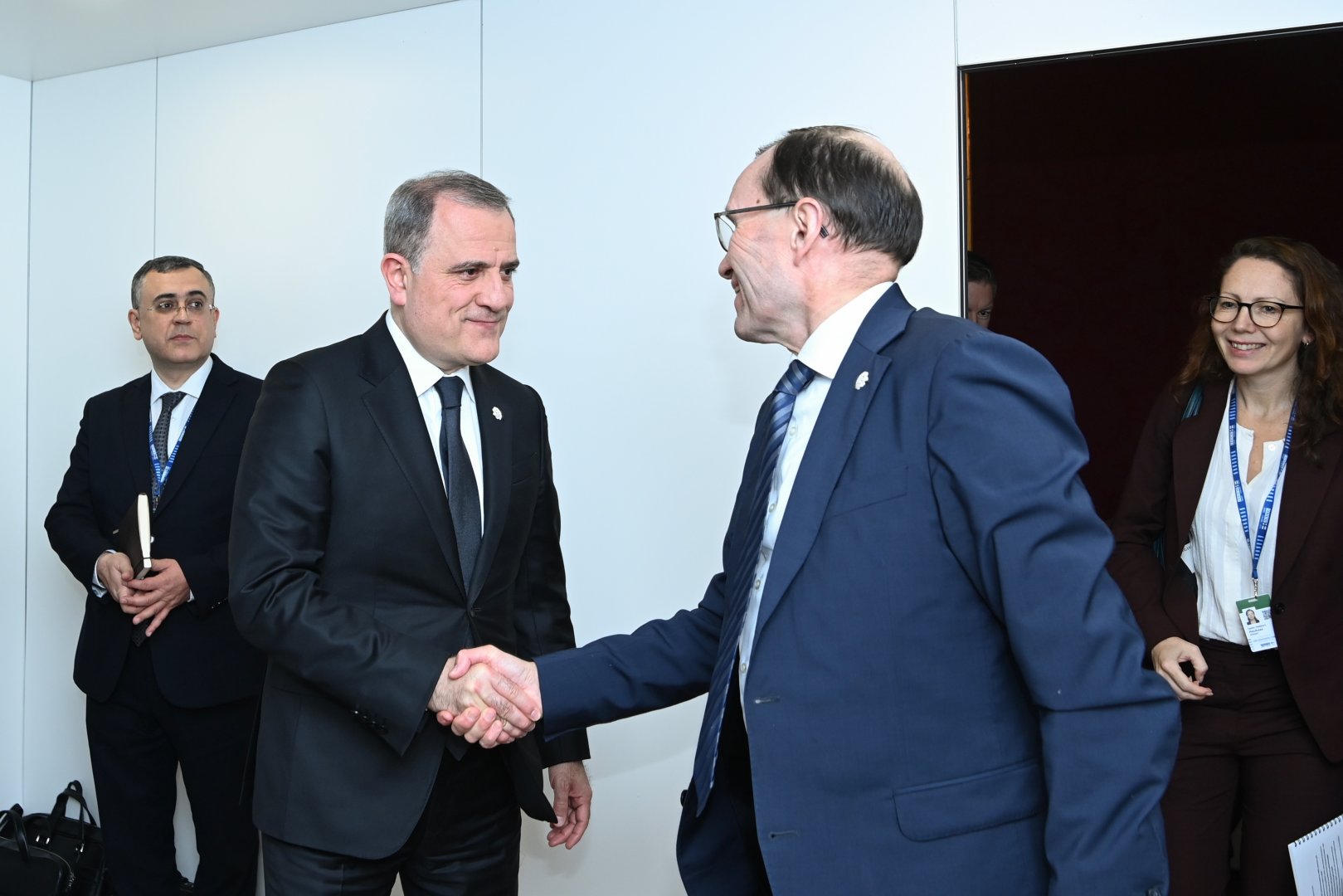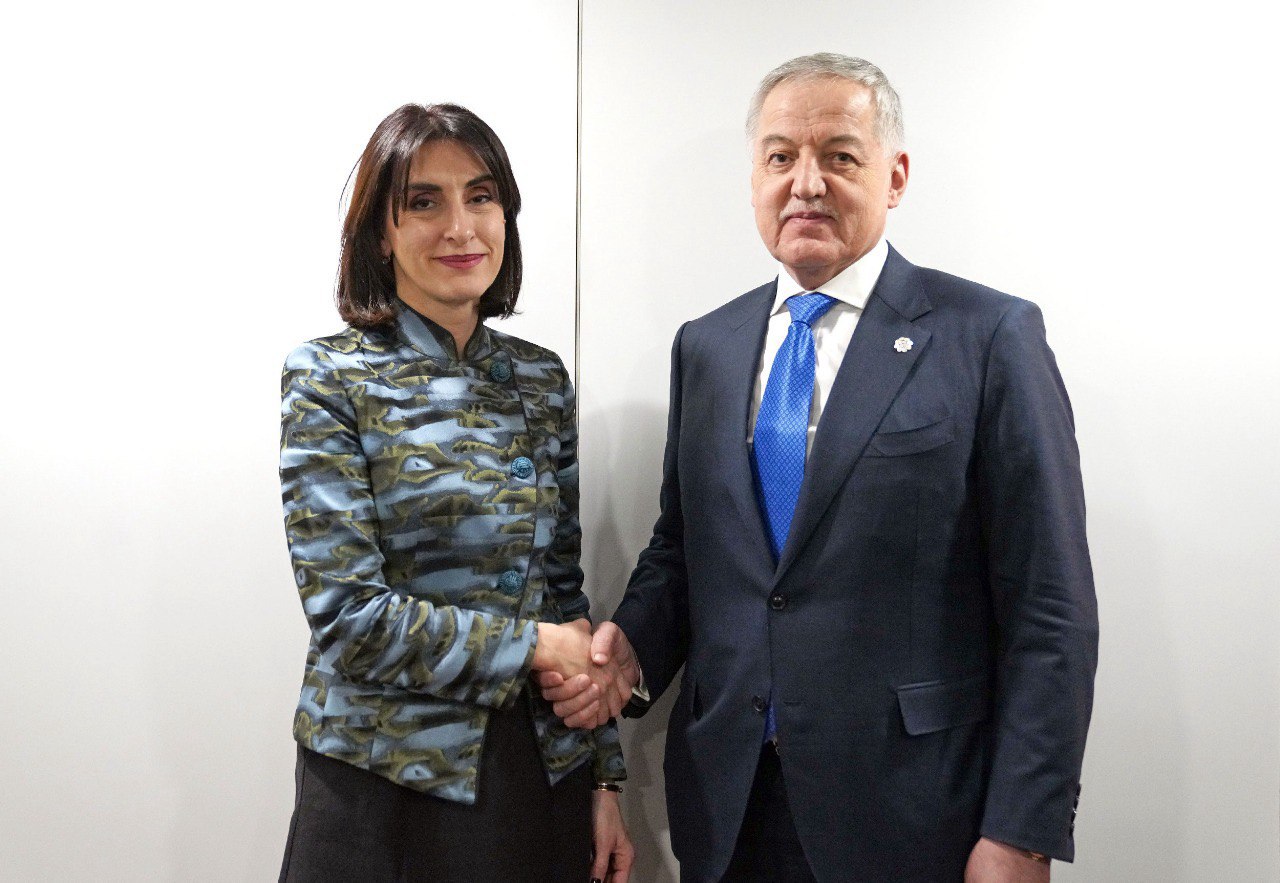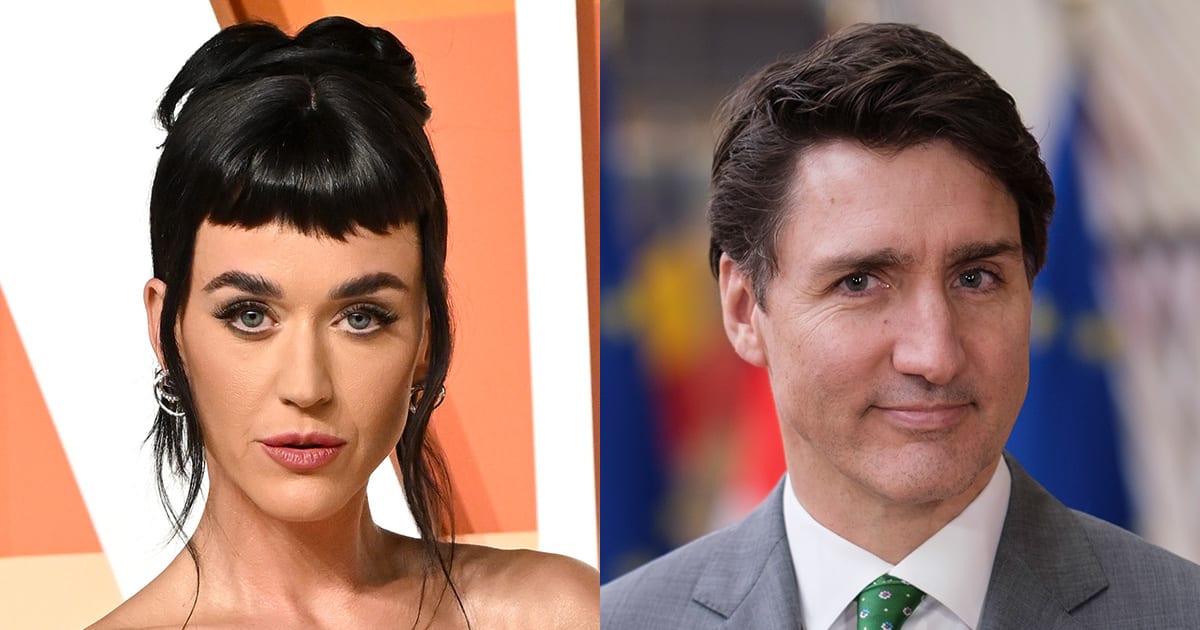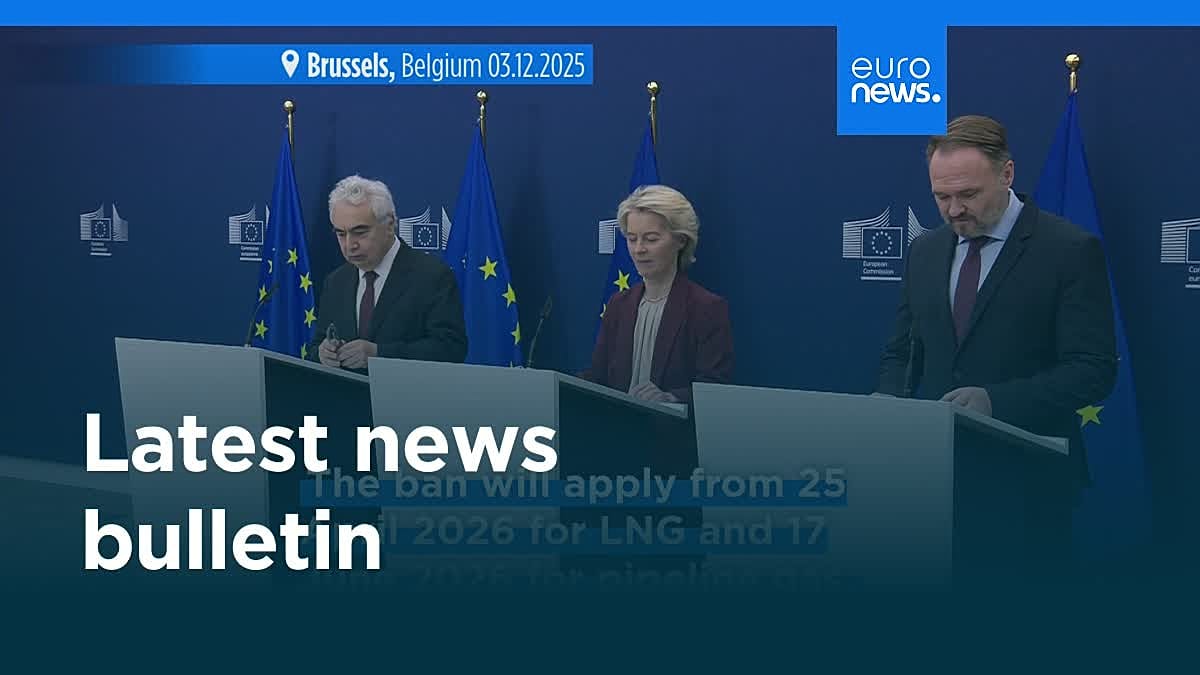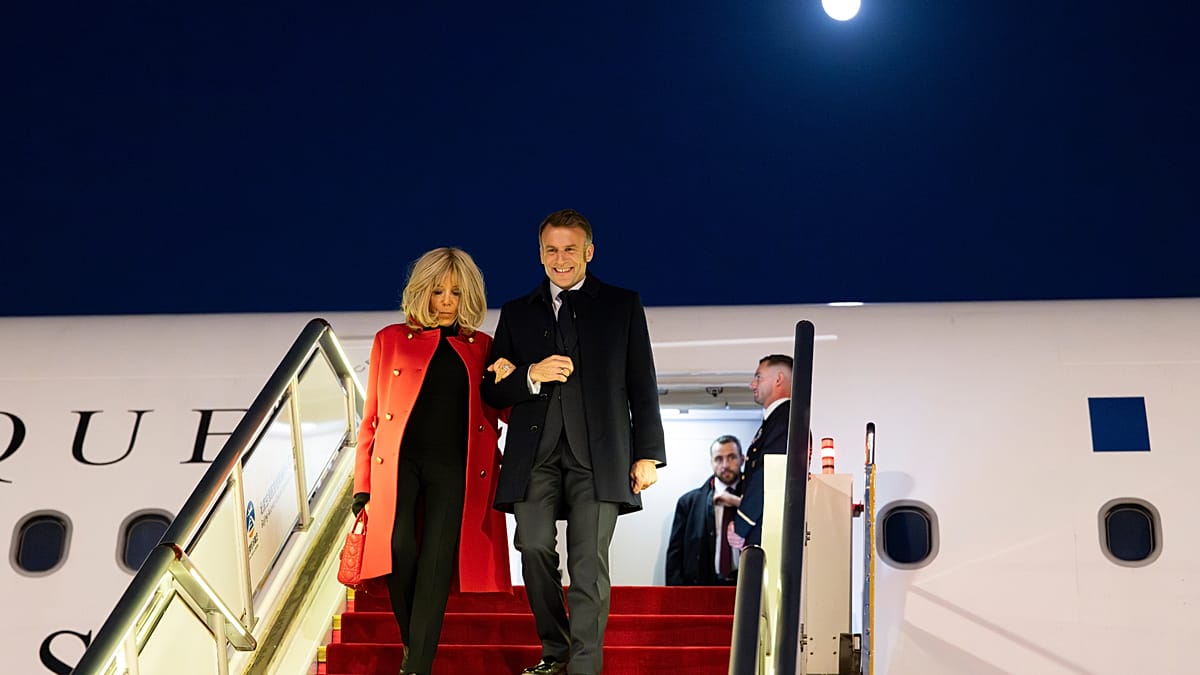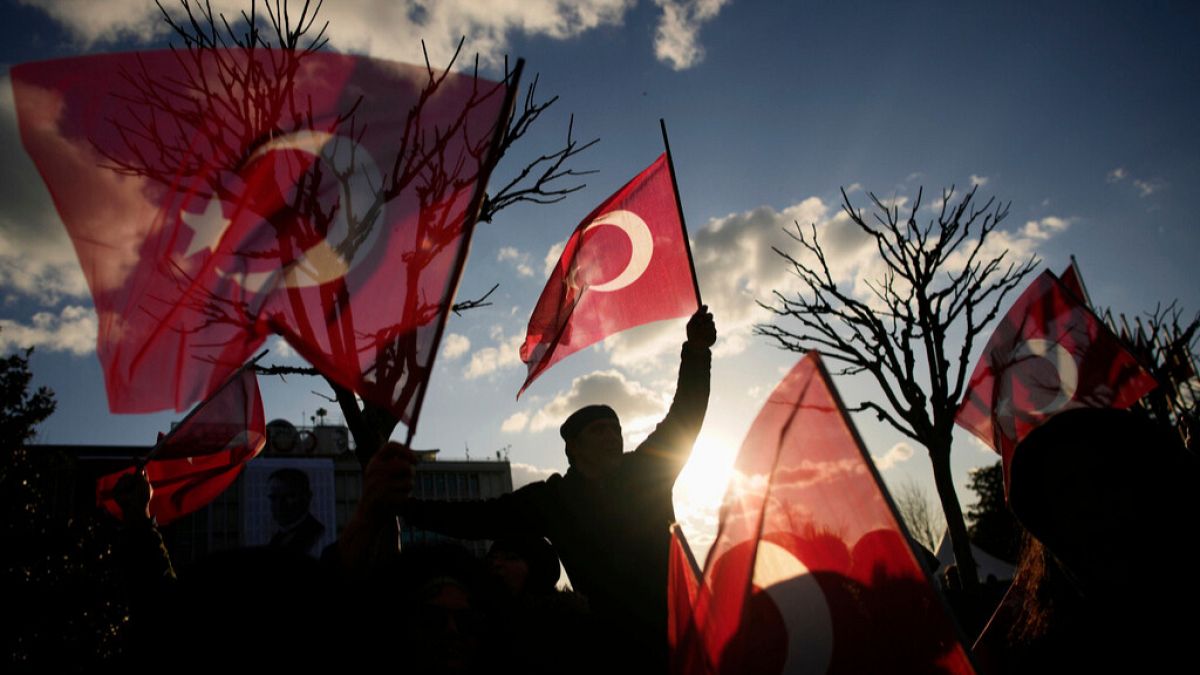Sánchez backs the trade agreement between the EU and the US on tariffs “without any enthusiasm”

Madrid – The President of the Government, Pedro Sánchez, acknowledged this Monday that he supports, but “without any enthusiasm,” the trade agreement signed between the European Union and the United States, which involves the establishment of 15% tariffs on European products and commits the European bloc to additional investments as well as to making purchases of energy and armaments.
During his speech to assess the political course, Sánchez highlighted the effort made by the European Commission, as well as the constructive and negotiating attitude of President Ursula von der Leyen to finalize the agreement with U.S. President Donald Trump.
“In any case, I support this trade agreement, but I do so without any enthusiasm,” the President of the Government admitted during his appearance before the media.
According to Sánchez, one of the main lessons to be drawn from everything happening in the international arena, especially regarding the U.S. Administration, is that the European Union needs to “get its act together” in all areas, promoting strategic autonomy as well as trade relations with other countries.
In this regard, the President hopes that “Spain will be heard” by the countries that are currently opposing or have doubts about the trade agreement between the European Union and Mercosur, while he has supported the line set by President Von der Leyen in her willingness to reach agreements with Indonesia and India before the end of the year.
Moderate Impact
For his part, the Governor of the Bank of Spain, José Luis Escrivá, has considered that the impact of the tariff agreement will be “moderate” for Spain due to a low volume of exports. Escrivá stated this at the Economic Forum organized by the newspaper ‘El Norte de Castilla’, where he recommended reading the fine print regarding the trade protocols signed by the United States, because, despite focusing excessively on the 15% payment, what is relevant, in his opinion, are the non-tariff clauses that accompany them.
The Governor of the Bank of Spain emphasized that the greatest economic impact of this protectionist shift will fall on the United States, although indirect effects for other countries cannot be ruled out depending on their trade exposure to that market.
However, he stressed that the impacts are difficult to estimate and will largely depend on the ability of agents to adapt their trade relations and compensate for potential losses through greater diversification towards other markets.
On the other hand, Escrivá praised the work of the ECB in controlling inflation. “We have reached the inflation target of 2% in the euro area, after successfully and quickly completing a disinflation process,” he noted. He also pointed out that, after a gradual decline in interest rates, “a normalized situation has been reached, completing the cycle of decreases.” (July 28)
